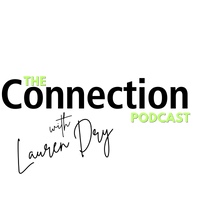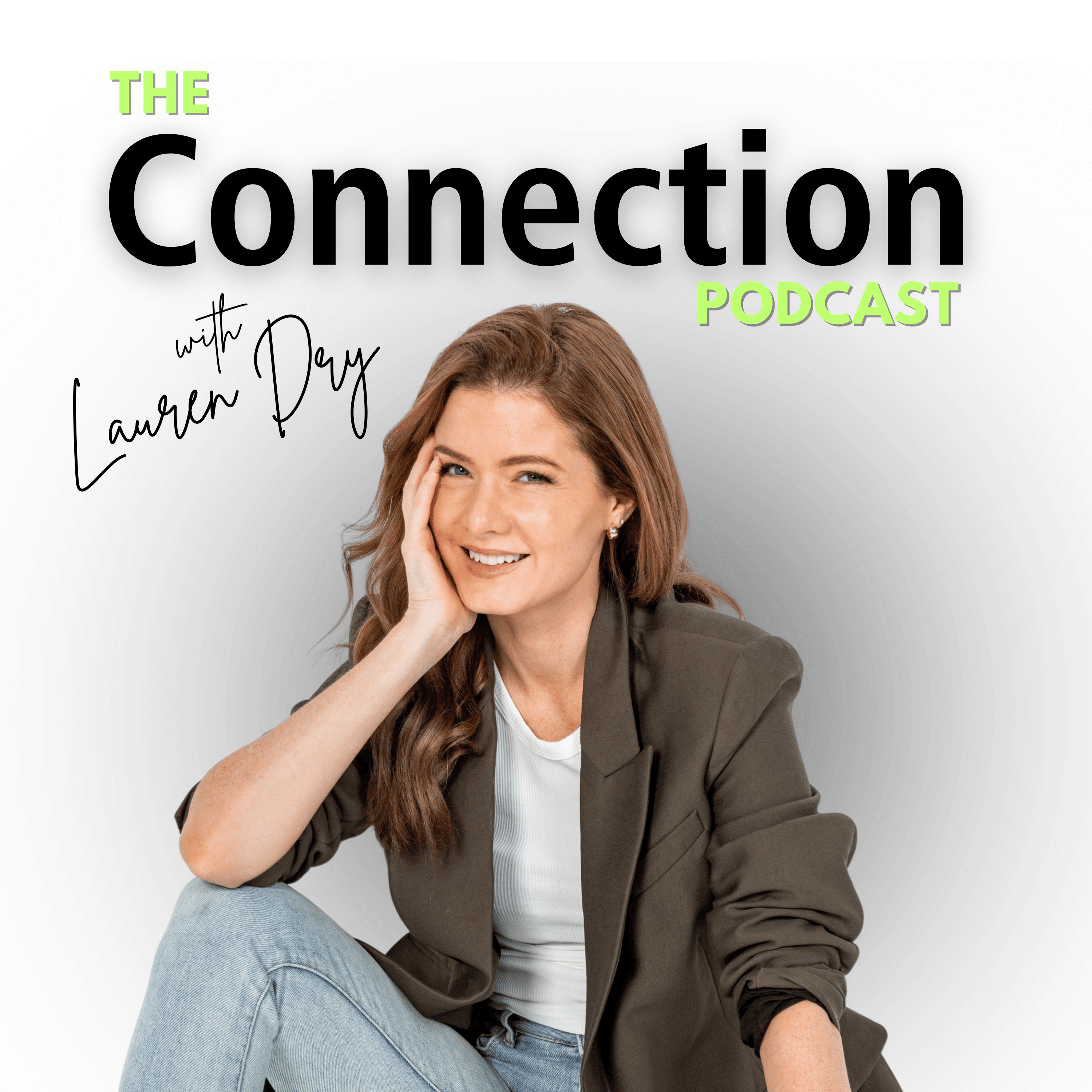Episode 24
Is It Really Confidence or Just Protection? How to Tell the Difference
Some of the things we say with the most conviction can feel like strength, but they’re often something else entirely. "I don't like being told what to do," "I'm just really independent," "I don't need anyone to take care of me."
These phrases sound empowered. But more often than not, they’re not clarity, they’re protection. A brilliant nervous system strategy that once kept you safe, but might now be keeping you stuck.
In this episode, Lauren Dry looks at how protective patterns show up in communication, how they quietly create distance in our most important relationships, and how to tell when your “truth” is actually a trauma response.
You’ll hear about:
- What your nervous system might be trying to protect you from when you feel reactive
- The difference between speaking from identity versus from a wound
- Why body language and tone often tell a different story than your words
- How to use somatic awareness to shift from contraction to connection
- A powerful practice for self-repair that lets you rewrite old moments with compassion
If you’ve ever felt misunderstood or frustrated that your efforts to connect only seem to push people away, this episode offers insight, relief, and a new way forward.
Resources & Links:
- Learn more about Rise into Regulation™, the skillset for connection, communication, and Nervous System safety in modern marriage
- Follow Lauren on Instagram @lauren_dry
Big love,
Lauren X.
Transcript
[00:00:15] Lauren Dry: One marriage breakdown and one marriage reset later, and finally discovering what really works to have connection in modern relationships using science, simplicity, and soul.
[:[00:00:46] Lauren Dry: There are phrases that we like to say that sound really empowering and they sound like I just don't like being told what to do. Another one is, I'm really independent or I don't need anyone to take care of me. And they sound really strong, like self-awareness or confidence and, but sometimes they're not clarity at all.
[:[00:01:05] Lauren Dry: Today we're gonna unpack the difference between an identity statement and something that reflects who you really are at your core, and a trauma response, which is your nervous system's way of saying, please don't ever let me feel unsafe again. I wanna start with this. When it comes to protective patterns, they are sneaky because they were brilliant once and they helped you survive, even if it's just surviving in an unconscious way.
[:[00:01:36] Lauren Dry: So when you say, I don't like being told what to do, it's going to sound like confidence because it, it did provide you an element of validation in the past.
[:[00:02:23] Lauren Dry: So, where it gets really interesting is that when you are operating from a place of protection, remember 93% of communication is nonverbal, so your tone is going to give you away. Your facial expressions are going to give you away. The way you even hold your shoulders is going to give you away, and it's going to provide a story that perhaps you never consented to.
[:[00:03:09] Lauren Dry: I want you away from me. I don't want you close to me and I don't want you to control me. And so what they receive from that, even though your words may be soft and connective, if your body language, which is in charge of 93% of your message is saying, I, I'm scared of you. I'm angry at you. I don't want you close to me.
[:[00:03:37] Lauren Dry: A trauma response says I have to prove that I'm not controlled. But an identity statement says, I value autonomy and mutual respect, and I communicate that from a place of security so it really lands. It's the same sentence that you might say, but it's a different frequency. And so in trauma, the energy underneath is never again, but identity is.
[:[00:04:24] Lauren Dry: And the other one hears, you don't care about me, you don't want me around. You don't value me. But what's actually happening is, is a nervous system to nervous system communication. And it's not actually about control at all. It's about safety. Neither person feels safe. So if both people keep trying to argue at the logic level, I'm just helping, or you're always so defensive, you know, the surface level, they never get to real repair, which is how do we help each other feel safe enough to hear each other without abandoning our own selves?
[:[00:04:59] Lauren Dry: Regulation is really, really important. When your nervous system feels safe, you can tell the difference between I'm protecting myself from a past wound versus I am honoring my present truth. And I have, I have safety within my own body, which is much more effective than just nervous system protection.
[:[00:05:32] Lauren Dry: am I expressing my value or communicating from a wound, which will let me down? and when it's from identity, it feels quiet and certain, you know, you don't have to convince yourself or anyone else it's true. So what do we do with this?
[:[00:06:05] Lauren Dry: Practicing and reliving and going over an old memory activates the same pathway as as being in the moment itself. There's power in doing a redo, and it's very different to rumination. It's not the same thing as rumination. Rumination is, self punishment, self protection.
[:[00:06:47] Lauren Dry: The more regulated our nervous system becomes. The more we can hold autonomy and connection at the same time. We don't have to choose. We don't have to choose between protection and connection. You can say, I love my independence and I also love being supported that's real depth, that's healing, that's maturity.
[:[00:07:08] Lauren Dry: So if you take one thing from today's episode. I hope it's this. Not everything that feels like strength is healing sometimes it's armor or a wall. And when we start gently removing that armor, instead have it create safety instead. And not all at once, but just layer by layer.
[:[00:07:50] Lauren Dry: And allow yourself the self-compassion to understand, but then rewrite these patterns. And as always, if this landed, please share this episode with someone who might need it today and come and hang out with us on Instagram at any time. Follow along, subscribe, and I can't wait to see you in the next episode.
[:
